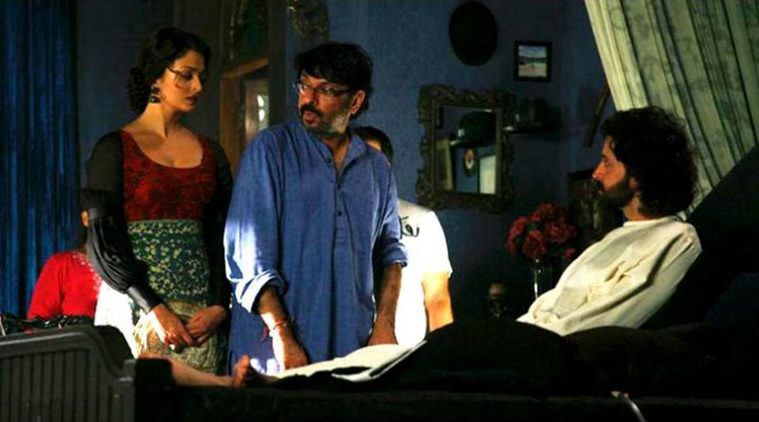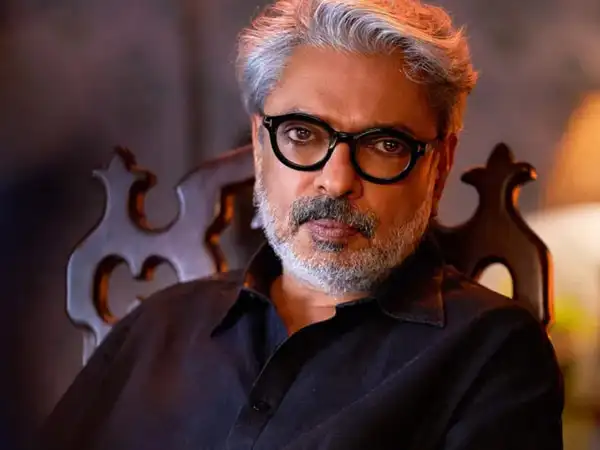Fifteen years after its release, Guzaarish stands as one of Sanjay Leela Bhansali’s most daring and emotionally provocative works, a film that challenged societal norms long before conversations around euthanasia and the right to die with dignity entered the mainstream. At a time when Bollywood rarely ventured into morally complex themes, Bhansali, often compared to cinema legends like Raj Kapoor and Guru Dutt, crafted a deeply humane story anchored in compassion, suffering, and choice. With powerful performances from Hrithik Roshan and Aishwarya Rai Bachchan, Guzaarish not only pushed cinematic boundaries but also initiated a dialogue that India was not fully ready for, making its relevance even stronger today. Let’s take a look at how Bhansali’s bold film was not just a visual and emotional spectacle, but a remarkably ahead-of-its-time meditation on dignity, suffering, and the right to die.

A Film Ahead of Its Time
When Guzaarish came out in 2010, the very idea of a mainstream Bollywood film engaging seriously with euthanasia or “mercy killing” was rare, if not unsettling, for many. Bhansali dared to center his narrative on Ethan Mascarenhas (played by Hrithik Roshan), a once-magician rendered quadriplegic after an accident, who petitioned the court for the right to end his life. This was not an escapist fantasy; it was a deeply human and fragile exploration of suffering, agency, and choice. Bhansali has said that he researched the subject for nearly a year. He deliberately avoided watching other films on euthanasia, wanting his vision to remain unsullied. This commitment underlines how seriously he treated the issue: not as sensationalism, but as a real, lived debate about when life becomes unbearable, and whether people should have the dignity to say “enough.”
Sparking Conversations on Dignity in Death
At a time when euthanasia was (and to a large extent still is) a taboo in India, Guzaarish opened up a space for dialogue. Bhansali later reflected that there was plenty of “hue and cry” when the film was released. But that very uproar shows how the film touched a raw nerve; it challenged audiences to empathize not just with the suffering body, but with the dignity of a person who may feel trapped in an unending existence. Through Ethan’s journey, Bhansali does more than dramatize pain: he humanizes it. His suffering isn’t romanticized; his plea is not melodramatic, but deeply personal. In doing so, the film raises delicate philosophical and legal questions: When does life cease to be life? Who has the right to decide? How do we balance compassion with moral and societal norms? Years later, when India’s Supreme Court formally recognized the right to die with dignity in cases of irreversible illness, Bhansali pointed back to Guzaarish as a work that had tried to initiate this conversation long before it became part of the legal discourse.

Bhansali’s Sensitive Craft
Bhansali’s handling of such a loaded theme is deeply compassionate. In his interview, he called it “a debate that’s not going to find answers very fast.” Yet, instead of retreating into heavy-handedness, he infuses his trademark poetic visuals, music, and emotionally rich storytelling to make the experience immersive, not preachy. His decision to pay “tribute to human suffering” — as he called it — is telling. Rather than shy away from pain, Bhansali gives it dignity, honoring those who endure life in ways many cannot imagine.
Stellar Performances: Roshan and Rai Bachchan
The artistic strength of Guzaarish also lies in its casting. Hrithik Roshan as Ethan brings a remarkable balance of vulnerability, frustration, wit, and quiet strength. He spent time with real paraplegic patients, meeting people whose life he was portraying, and described them as “real superheroes.” His performance elevates the film from mere concept to a deeply felt human portrait. Aishwarya Rai Bachchan, as Ethan’s nurse Sofia, infuses the narrative with compassion, loyalty, and nuance. She doesn’t simplify her character into a saintly caregiver; instead, through her interactions with Ethan, she embodies the moral complexity of love, duty, and helplessness. Under Bhansali’s direction, both actors deliver some of their most restrained yet powerful performances, in a film that demands, more than glamour, empathy.

Why Guzaarish Still Matters at 15
Even now, not many mainstream films in India touch the subject of euthanasia so directly. Bhansali’s risk-taking proves cinema can challenge social taboos meaningfully. By dramatizing a deeply personal plea for mercy killing, Guzaarish helped normalize questions about dignity in death, and contributed, in its own way, to a broader cultural and legal conversation. Bhansali’s vision, supported by Roshan and Rai Bachchan, demonstrates how art can give voice to the marginalized, to suffering, and to the deeply personal.
In conclusion, as Guzaarish marks its 15th anniversary, we can look back with gratitude toward Sanjay Leela Bhansali for daring to tell a story that was too delicate, too controversial, and ultimately, too human, for its era. The film remains a powerful reminder that cinema’s greatest gift is not just entertainment, but the courage to ask uncomfortable questions about life, death, and dignity.











